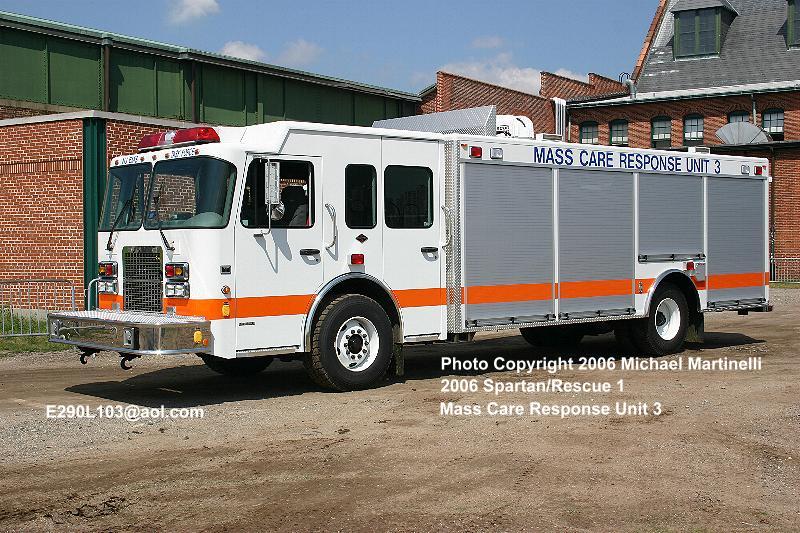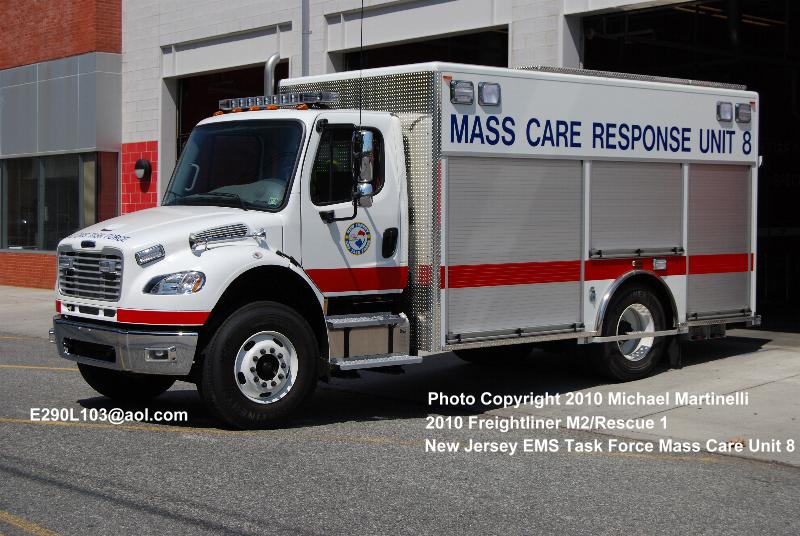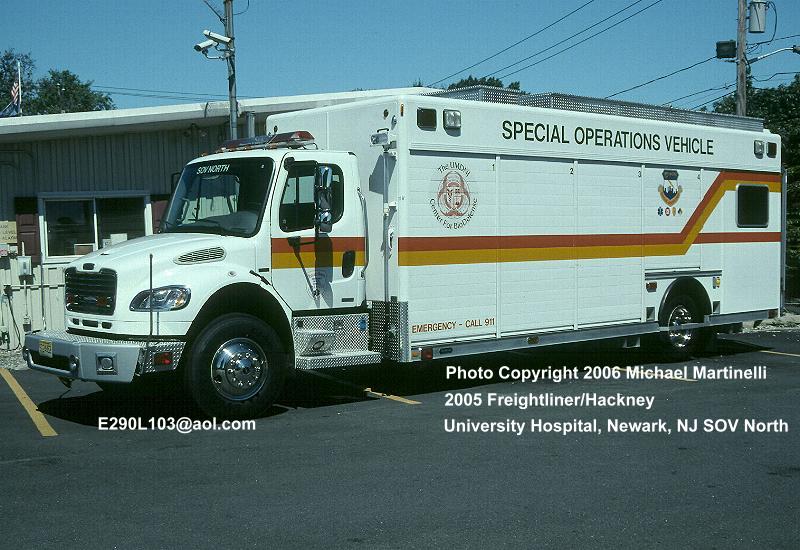firetender
Community Leader Emeritus
- 2,552
- 12
- 38
What I'm interested in is YOU!
How are you doing? What did you learn? What advice do you have for those of us who WILL end up in hellish scenarios like that? Not only on the technical end, but in matters of the heart. Did you ask for and get help? What did that help mean to you? Once it does happen to others on this site, where would you direct them to go, and to whom?
A year later, of course what remains are the logistics. But I'm curious about your adjustment to being center stage in hell.
...and thanks for letting us take another look!
How are you doing? What did you learn? What advice do you have for those of us who WILL end up in hellish scenarios like that? Not only on the technical end, but in matters of the heart. Did you ask for and get help? What did that help mean to you? Once it does happen to others on this site, where would you direct them to go, and to whom?
A year later, of course what remains are the logistics. But I'm curious about your adjustment to being center stage in hell.
...and thanks for letting us take another look!



